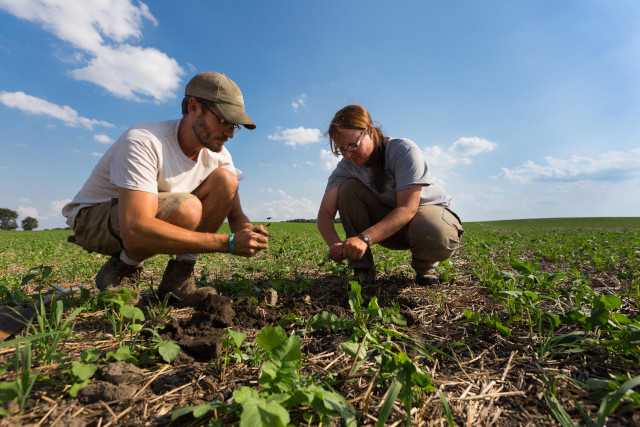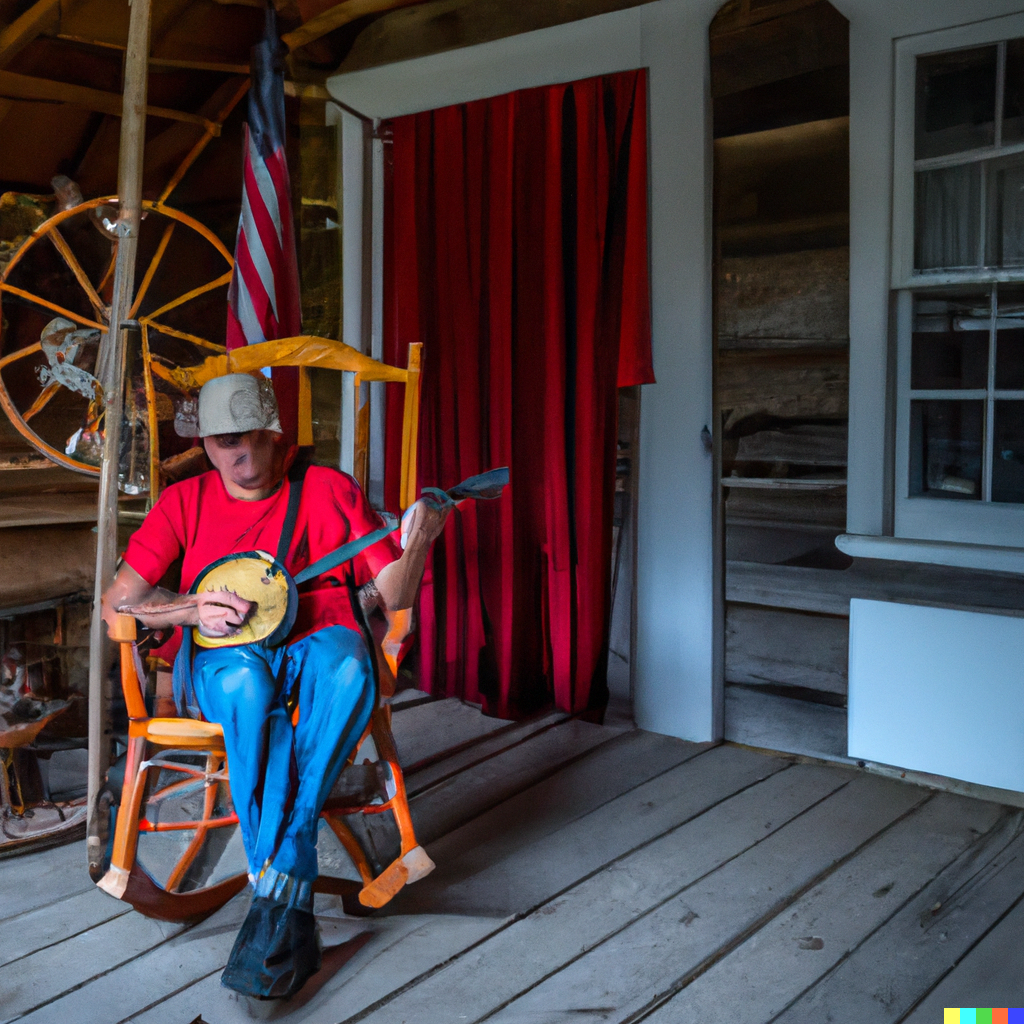
Howdy, folks! Billy Bob here, your go-to guy for common-sense economics. Today, we're diving into the world of spending, but we're taking a detour from the usual path. You see, most of the time, we're just gabbing about 'how much' money we're burning through. But what if we changed the question? What if we started asking 'what' we're investing our hard-earned dollars in? Instead of just spending left and right, we should be directing our money towards things that strengthen our economy - things like education, infrastructure, and innovation. Now, doesn't that sound like a plan?
Making Them Dollars Work for Us
Now, I ain't suggesting we become penny pinchers, counting every dime before we let it slip through our fingers. No, sir. I'm talking about something a whole lot smarter than that. I'm talking about spending wisely. Picture this: you're in need of a new work tool. You've got the option of buying a cheap one for fifty dollars or investing in a quality one for a hundred. The cheap one might save you some dough right now, but if it breaks after a few uses, you're back to square one. Now, the hundred-dollar tool? That's a reliable piece of equipment that'll keep working for you in the long run. And that, my friends, is what smart spending is all about.
When we translate this to our economy, the principle remains the same. Let's consider infrastructure, for instance. Building a new railway isn't just about making it easier for folks to get from A to B. No, it's about much more than that. It's about connecting businesses, enabling faster and more efficient movement of goods, speeding up commerce, and sparking economic growth. It's an investment that benefits everyone and strengthens the economy as a whole.
And how about education? When we put money into our schools, we're not just filling our kids' heads with facts and figures. We're equipping them with the skills they'll need to navigate the economy of tomorrow. Whether it's teaching them to code, helping them master a trade, or honing their problem-solving abilities, we're investing in our future workforce. And let me tell you, a skilled workforce is one of the most valuable assets an economy can have.
So, when we talk about making dollars work for us, we're talking about investments that yield real, tangible benefits. We're talking about making our economy stronger, more efficient, and better prepared for the challenges of the future. And that, folks, is something worth spending on.
Taking a Leaf Out of Others' Books
Now, if you want some good examples of how spending smart can make a difference, let's cast our eyes overseas to countries like Germany and Japan. These folks aren't just throwing money around willy-nilly; they're making thoughtful investments that pay off in spades. They've put their money into building top-notch infrastructure, everything from high-speed trains to advanced manufacturing facilities, ensuring their economies run smoother than a new pickup on an open highway.
And let's talk about their focus on education, especially vocational training. In Germany, you've got a system that guides folks into skilled trades, setting them up for well-paying jobs and filling the economy with needed expertise. Over in Japan, they've integrated technology and innovation into their education like nobody's business, preparing their younger generations for the modern world. Now that's what I call an investment in the future.
But let's not forget about the flip side of the coin. Some countries seem to think they can spend their way to prosperity, tossing money around like a cowboy in a saloon. But what's the result? They wind up with 'white elephant' projects — oversized stadiums, unused airports, roads to nowhere. These projects might look impressive on the surface, but they're not contributing much to the actual economic strength of the country. It's like buying a fancy cowboy hat but having no cattle — all show and no substance.
The difference between these two approaches is clear as day. It's not about how much you spend, but where and how you spend it. Do you want to build a flash in the pan, or do you want to lay the groundwork for sustained prosperity? That's the question we should be asking.
Let's Be Moving Mountains
So why ain't we all shifting gears already? Well, it's easier to measure how many apples are in the barrel than to judge how sweet they are. Plus, there are folks who've got a good thing going with the way things are, and they're not keen on change. But let's not get bogged down. We can overcome these hurdles. We need policies that encourage smart investments, not just any investment. We need businesses to think about the long game, not just the quick wins. And we need our thinkers, leaders, and policy-makers to champion this cause - to make the case for quality over quantity in our economic spending.
To sum it all up, we need to change the way we think about our economy. Instead of obsessing over 'how much', let's focus on 'what'. Let's use our money wisely, investing in things that will make us stronger, not just bigger. We need an economy that's built to last, one that's ready to face the challenges of the future head-on. Remember, folks - we're not just here to make dollars; we're here to make dollars count!
Hey, It's Me
 Billy Bob here. Down here in West Virgina we like to think we are just as smart as them folks out there in LA or up there in New York or even as smart as some of them eggheads out in that valley they called Silicon. Sure we got some boys and a couple girls a bit slow, but I bet everywhere has got a few. But anyway, we love having y'all, so just sit yourself down and stay a while. And if youns in big hurry then Y'all just come back you here! Bless your heart!
Billy Bob here. Down here in West Virgina we like to think we are just as smart as them folks out there in LA or up there in New York or even as smart as some of them eggheads out in that valley they called Silicon. Sure we got some boys and a couple girls a bit slow, but I bet everywhere has got a few. But anyway, we love having y'all, so just sit yourself down and stay a while. And if youns in big hurry then Y'all just come back you here! Bless your heart!











